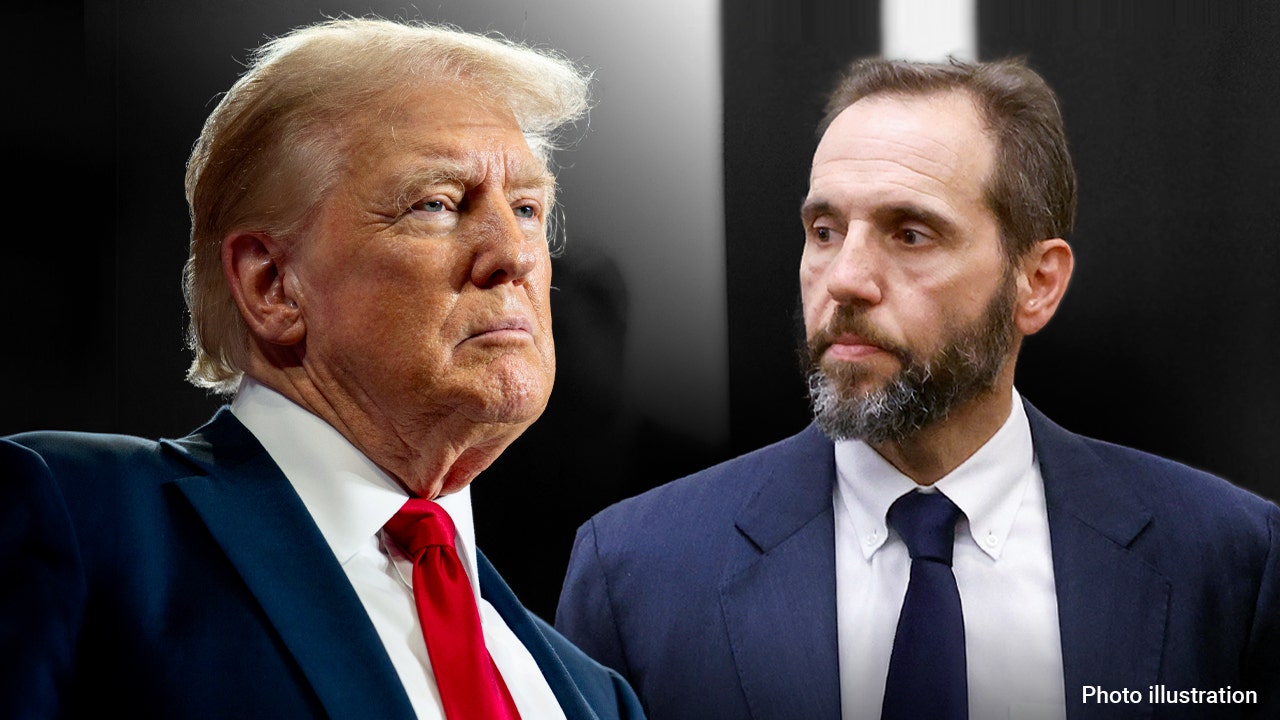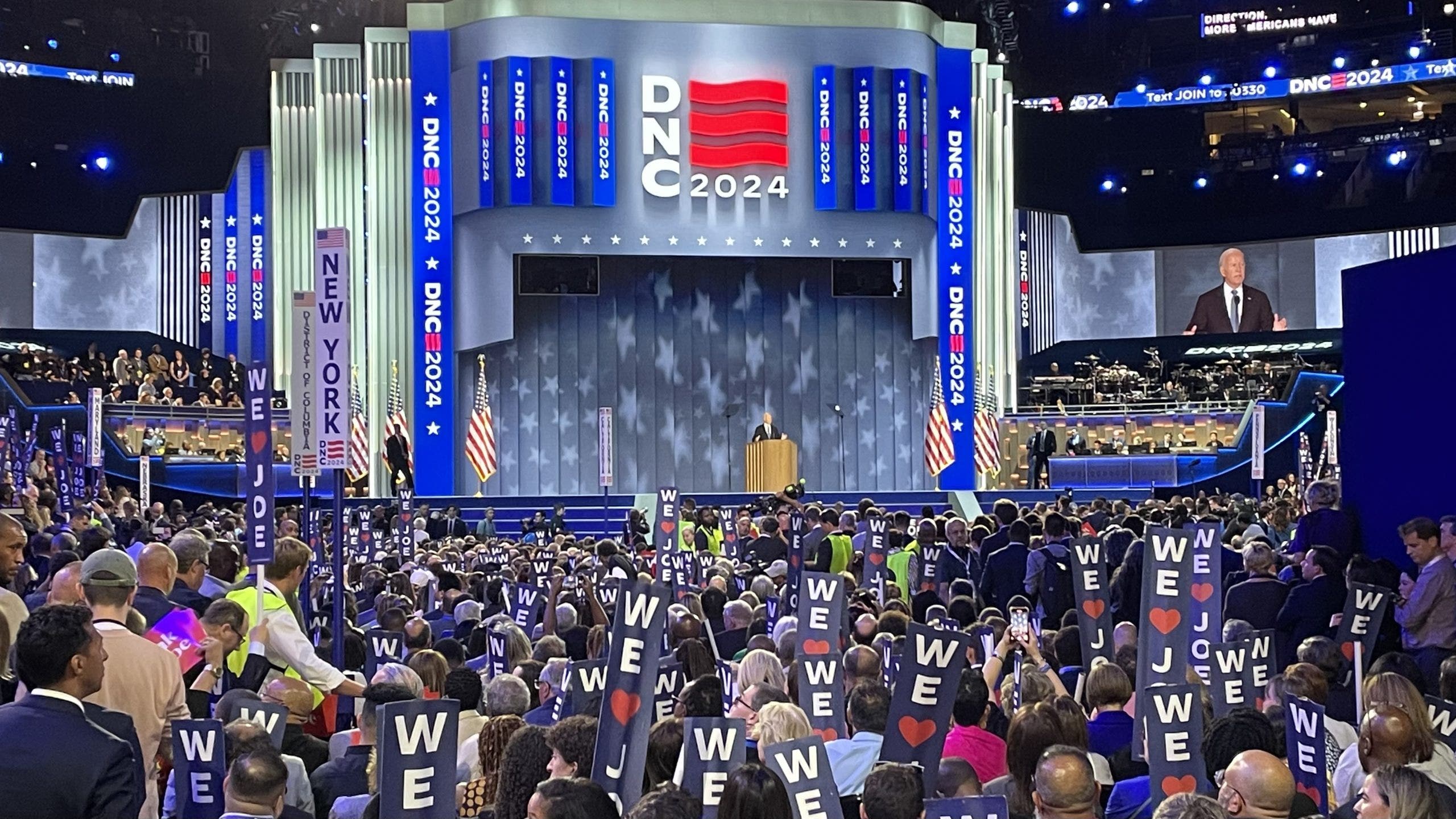While Joe Biden and Kamala Harris’s inflationary policies have taken center stage during the 2024 campaign, the ideological weaponization of business regulations and antitrust laws over the past four years has been similarly damaging to the U.S. economy and American workers. If Harris wins the presidency, the problem could become even worse.
Most Americans today accept that government has some role to play in regulating businesses and the economy. At least in an ideal world, agencies like the Food and Drug Administration ensure that the goods on our grocery store shelves are safe to eat, while the Federal Aviation Administration ensures minimum safety standards in the airline industry, the National Highway Traffic Safety Administration ensures safety on the roadways, and so on.
In the same vein, Congress has empowered the Federal Trade Commission (FTC) to enforce antitrust laws, ensuring that large companies don’t use unfair business practices to stifle competition, resulting in worse products and services for consumers. While the free market should pick winners and losers, the government also has an interest in ensuring one company doesn’t become too powerful and undermine free market principles.
In short, the government is supposed to ensure a minimum baseline standard of consumer welfare while still respecting the right of companies to conduct business and compete with one another. Striking this balance is essential for a healthy national economy.
Under the Biden-Harris administration, however, this balance has been entirely destroyed, threatening America’s status as the global leader in commerce and innovation. Much like they have weaponized the Department of Justice to target their political opponents, Biden and Harris have turned the regulatory state, and the FTC in particular, into their attack dog to promote unrelated political goals like adherence to the left’s climate change agenda and “diversity, equity, and inclusion” (DEI) mandates.
Biden’s FTC has sued major leaders of American industry, including Apple, Google, Meta, and Amazon, launching four cases against the latter in one year, accusing all of them of harming competition. Other supposed “villains” for the Biden-Harris administration include Jet Blue and Spirit Airlines, Penguin Random House, Simon and Schuster, and Albertsons and Kroger food suppliers.
The administration has won just 30 percent of its antitrust legal cases, well below the historical average of 65 percent over the past 20 years – suggesting that most of these lawsuits had no basis in the law to begin with. Rather than taking a nuanced approach with the end goal of increasing competition and value for consumers, the Biden-Harris antitrust and regulatory crusade has seemingly been driven by one inflexible mantra: “big is bad.”
This approach is likely to lead to higher costs, less choice, and lower-quality products for consumers.
Take, for instance, the Biden-Harris FTC effort to block the merger between Kroger and Albertsons, two large grocery store chains. As The Wall Street Journal Editorial Board noted, the merger was predicted to create $1 billion in savings for consumers and $1 billion in higher wages and benefits for workers. But, as the Journal put it, the Biden-Harris administration “thinks the only good merger is a dead one.”
As Utah Senator Mike Lee, the ranking Republican on the Judiciary Subcommittee on Antitrust, Competition Policy, and Consumer Rights, has noted, there remains a need for principled enforcement of antitrust laws and reforms to the government’s antitrust powers. However, what the Biden-Harris administration has engaged in is an “ideological witch hunt” that far exceeds the intended scope of the government’s antitrust powers.
Then there is the Biden-Harris administration’s regulatory agenda, which has already undercut innovations and breakthroughs along with raising costs for consumers. As of this April, Biden-Harris agency rulemakings had cost the U.S. economy a staggering $1.37 trillion.
In addition, the drug price fixing scheme instituted by the so-called Inflation Reduction Act (IRA), the signature domestic policy accomplishment of the Biden-Harris administration, has led to spiking Medicare premiums. According to a University of Chicago study, the IRA will result in at least 135 fewer life-saving drugs being developed over the next two decades.
Rui Paulo Montoya, a retired Spanish professor of law and economics who advised Singapore in the late 1980s, emphasized in an interview with me that “first no harm” is a crucial principle for state business policies. The Biden-Harris administration, he said, has created “a fearful atmosphere, harming innovation and growth,” as evidenced by “the rising lawsuits against American business leaders.”
As the late Professor Peter Drucker once told me, it is a misconception to believe that the existence of large firms necessarily leads to a decline in competition. In fact, he explained, sometimes the opposite can be true – as was the case when prominent American aspirin manufacturers showed little interest in creating non-aspirin painkiller drugs like Tylenol. Meanwhile, newly emerged small producers successfully sold these alternatives, enjoying an unchallenged market for nearly a decade.
Ronald Reagan once said that economic freedoms are “inextricably linked” to political freedoms. Under Reagan, innovation and a flourishing of economic opportunity led to a resurgence in the American spirit.
During his first term, former President Donald Trump built on this tradition, rolling back hundreds of burdensome and redundant regulations and unleashing the greatest economic boom the country had seen since the Reagan years, while still wisely deploying antitrust powers to promote healthy competition.
Now, thanks to the Biden-Harris politicized antitrust and regulatory crusade, the nation once again finds itself in an economic malaise. Trump has promised to fix it. Now, it’s up to voters to decide.
Ben Solis is the pen name of an international affairs journalist, historian, and researcher.
Read the full article here









